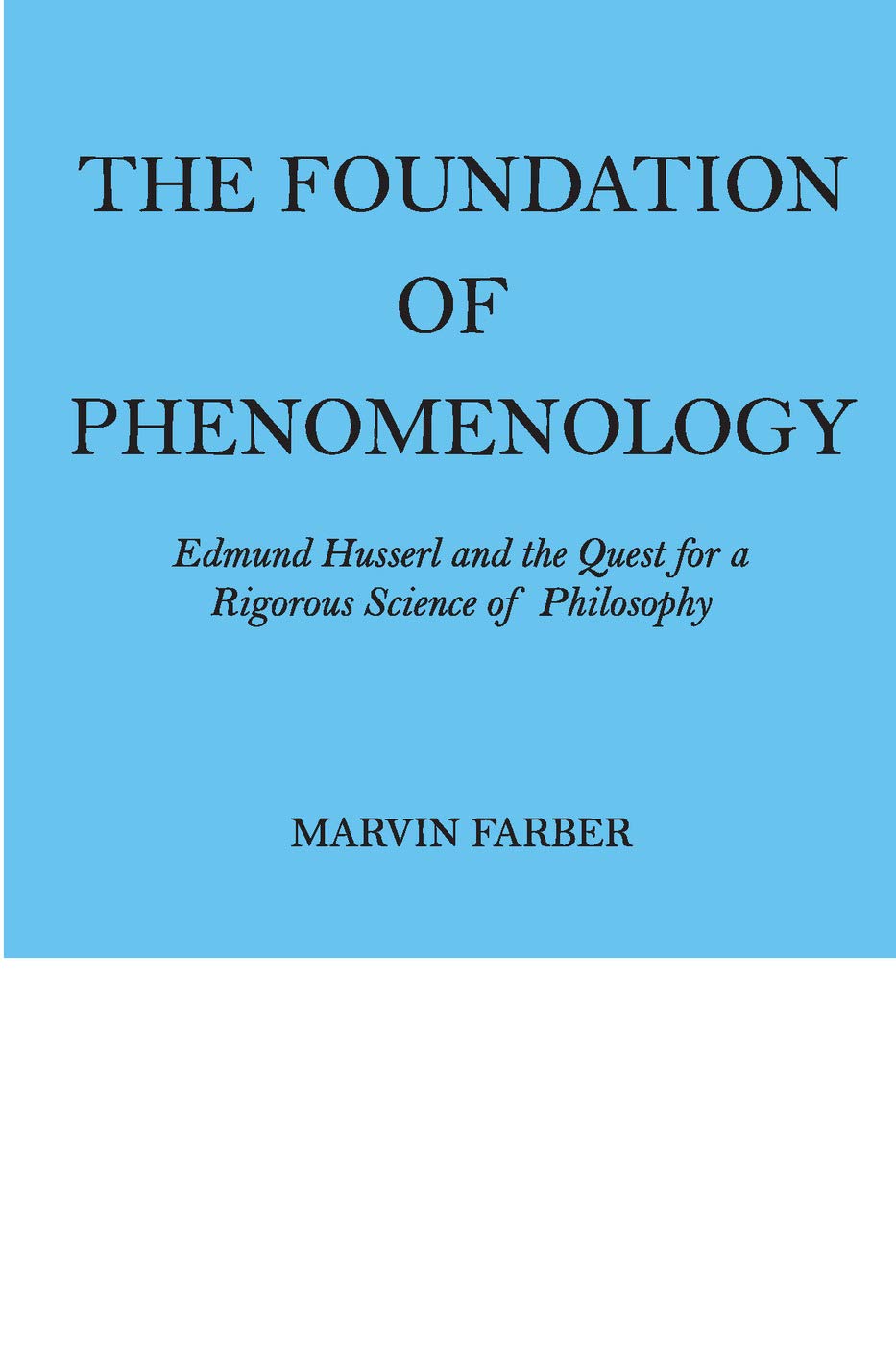The Foundation of Phenomenology: Edmund Husserl and the Quest for a Rigorous Science of Philosophy
The Foundation of Phenomenology: Edmund Husserl and the Quest for a Rigorous Science of Philosophy is backordered and will ship as soon as it is back in stock.
Couldn't load pickup availability
Genuine Products Guarantee
Genuine Products Guarantee
We guarantee 100% genuine products, and if proven otherwise, we will compensate you with 10 times the product's cost.
Delivery and Shipping
Delivery and Shipping
Products are generally ready for dispatch within 1 day and typically reach you in 3 to 5 days.
Book Details
-
Author: Marvin Farber
-
Edition: 1st Edition
-
Binding: Paperback
-
Number of Pages: 602
-
EAN: 9780202308531
-
Languages: English
About The Book
In this widely hailed and long-out-of-print classic of twentieth-century philosophical commentary, Professor Marvin Farber explains the origin, development, and function of phenomenology, highlighting its significance for philosophy in general. This book offers a comprehensive account of Edmund Husserl and the background of his philosophy.
Key highlights include:
-
An exploration of Husserl’s mathematical-philosophical and psychological studies
-
A detailed discussion of the refutation of psychologism and its critical reaction
-
An analysis of logical theories developed in light of contemporary literature at the close of the 19th century
-
A review of the six Logical Investigations, focusing on phenomenological elucidation of experience and knowledge
-
An introduction to the phenomenological philosophy of logic in Husserl's later writings
-
A discussion on the phenomenological method and its role in philosophy, emphasizing its purely descriptive nature
Farber makes a clear distinction between phenomenology as a descriptive method and its use as a metaphysical tool, presenting his preference for the former.
This book serves as essential groundwork for descriptive philosophical study and will deeply interest students of philosophy, psychology, mathematics, social and natural sciences, law, and psychiatry.





